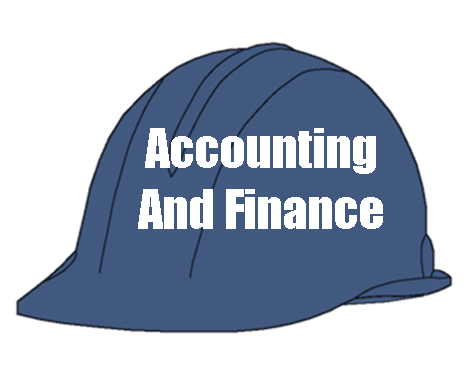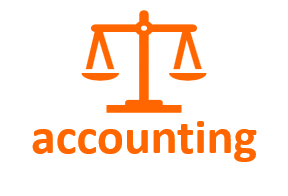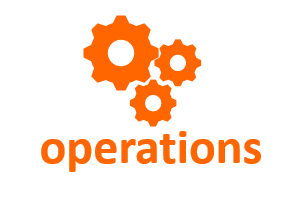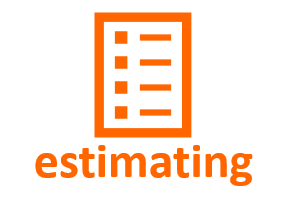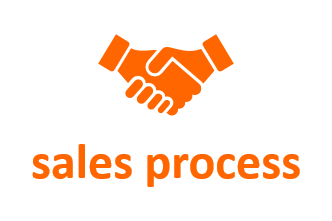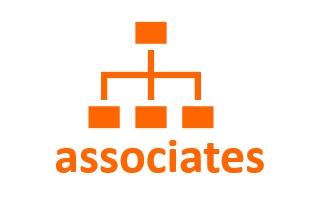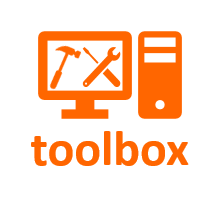The Nine Numbers™
There is only one number that ultimately measures the success of your business...
 The Most Important Measurement
The Most Important MeasurementHowever, wealth is the destination, not the journey.
The journey is a bit more demanding. To reach the your destination, you will need a few tools…
- A ROADMAP
- An ODOMETER (to measure progress)
- A VEHICLE (a system to move along the path), and
- Some degree of DRIVING SKILLS
For our purposes, and I promise to drop this tortured metaphor once this point is made,
Our ROAD MAP will be three accounting statements – the Cash Flow Statement, the Income Statement and the Net Worth Statement.
Our ODOMETER will be periodic performance comparisons of numbers in those accounting statements.
Our VEHICLE will be the NINE NUMBERS which I will introduce in this session.
And our DRIVING SKILLS will be management processes we put in place to respond to negative changes in the measurements.

We will first be looking at three basic components of wealth building.
- CASH FLOW is the stream of money you are able to generate, from which you will extract...
- INCOME, which is the amount of money you can convert to your use from the stream of money you have generated, the excess of which forms your...
- NET WORTH, which is comprised of the assets you own free and clear and represents your...
- WEALTH.
What are the metrics of the Cash Flow system, the Income system, and the Net Worth system?
These measurements are the Nine Numbers™ --
|
The Cash Flow system is made up of: |
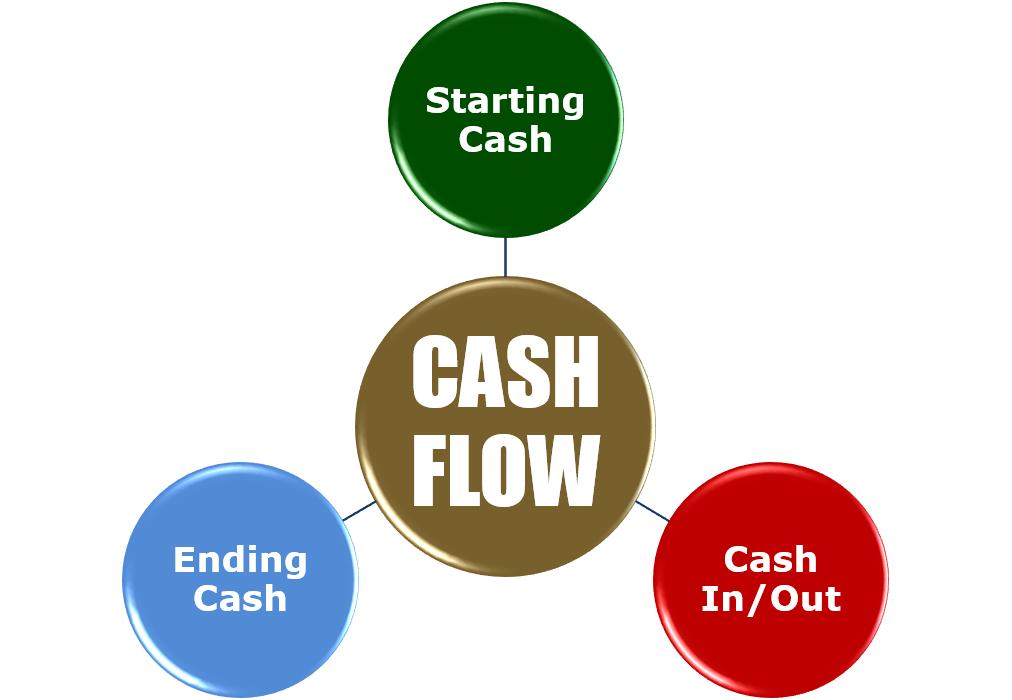 |
|
The Income system is made up of: |
 |
|
The Net Worth system is made up of: |
 |
From which are derived the Nine Numbers™...
The "Nine Numbers™" represent the financial information you need to know about your business. All nine are shown in the graphic below.
Can you answer the questions tied to each of the numbers?
|
 |
My guess is that you are familiar with the answers to most of those questions. If so, you have a basic understanding of the financial systems of your business.
You just need a structure to put the numbers into so they make sense to you and anyone interested in your business.
That structure, that system, is Accounting.
Accounting is the language that business uses to talk about money. Just like we structure our sentences and paragraphs in a certain way to speak in a language, we take the Nine Numbers above and structure them in a certain way to speak the language of accounting.
The Nine Numbers™ - Speaking the Language of Accounting
The "Nine Numbers™" encapsulate all the important financial information you need to know about your business.
They are the basic components of
- your Cash Flow Statement (the checkbook),
- your Income Statement* (the shoebox depository), and
- your Net Worth Statement** (the financial snapshot).
*The Income Statement is also referred to as the "Profit and Loss Statement".
**The Net Worth Statement is also referred to as the "Balance Sheet".

On other pages of the website, we will discuss each of these three important financial statements in greater detail, but first let's spend some time on how these reports relate to each other.
The "Nine Numbers™" systems model looks like this:

Admittedly, the diagram above simplifies the financial systems of your business, but we are building a foundation here. The details of the financial structure will come later.
- Starting Cash
- Comes from the asset section of the Net Worth Statement. - Cash In/Out (Transactions)
- Are, for the most part, your cash sales and cash expenses for the period.
- Could also include the
- down-payment on a new pickup,
- purchase for cash of an expensive tool,
- short-term money borrowed for operations. - Ending Cash
- What is left in your checking account at the end of the period.
- Balance is recorded in the asset portion of the Net Worth Statement. - Sales made during the period contribute either to the
- Cash-in portion of the Cash Flow Statement, or
- Accounts Receivable section of the Net Worth Statement. - Costs paid in cash during the period show up in
- Cash-out section of the Cash Flow Statement, or
- Cost for materials or subcontractors or utilities or anything else bought but not paid for immediately go into Accounts Payable on the Net Worth Statement. - Profit
- Is NOT CASH. You do not get to spend Profit.
- Profit is the difference between Sales and Costs.
- Shows up in the Income Statement and is recorded in the Accrued Earnings section of the Net Worth Statement. - Assets are everything the business owns, including
- Cash,
- Money owed by customers (Accounts Receivable),
- Equipment,
- Buildings, and
- Land held by the company. - Liabilities (debts) are everything the business owes, which includes
- Costs for materials purchased on accounts and
- Subcontractor billings currently unpaid (Accounts Payable), and
- Money borrowed for the purchase of equipment, buildings and land shown in the asset section. - Net Worth is the measure of the wealth of the company.
- YOUR WEALTH.
- Report card of how well you are doing.
- Difference between your Assets and your Liabilities, and
- Includes the accrued Profits from this and previous periods.
- Positive number (and growing each period) = you are doing well.
- Negative number (and/or declining each period) = address the problem.
The Nine Numbers™ - Answering Three Critical Questions.
Is the business going to SURVIVE?

Is the business HEALTHY?

Is the business making me WEALTHY?




